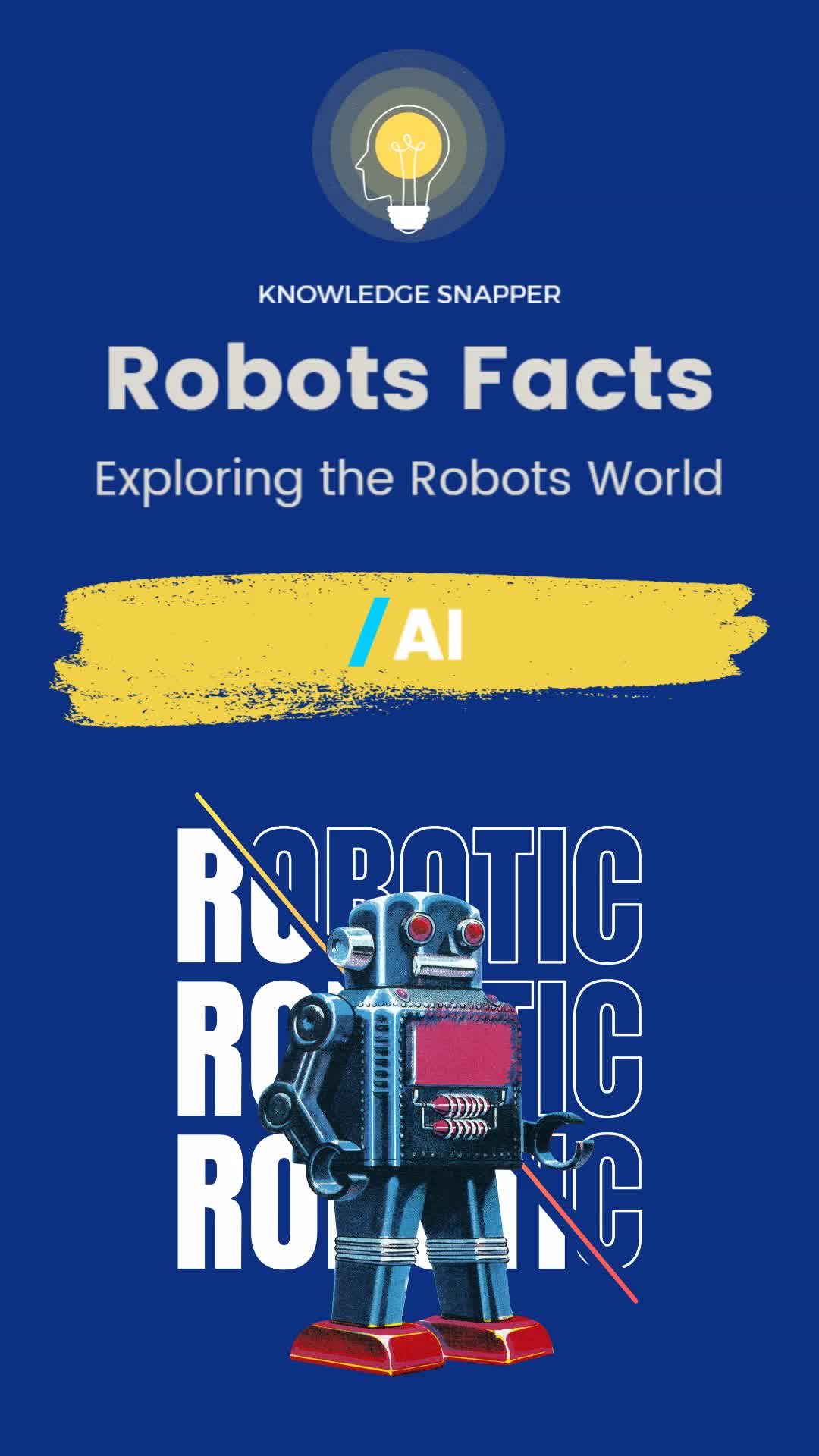Exploring the Fascinating World of AI in Robotics

Artificial intelligence (AI) in robotics is not just about robots performing tasks; it's about them learning, adapting, and transforming the way we interact with technology. Today, we're diving into five intriguing facts that shine a light on this fascinating intersection of AI and robotics.
Fact 1: AI Outperforming Humans in Cognitive Tasks
Did you know AI can now outperform humans in certain cognitive tasks? These include complex games like chess and Go, where AI has demonstrated its ability to strategize and learn from vast amounts of data.
"AI's capacity to outthink human players in strategic games is a testament to its growing cognitive capabilities."
Why It Matters:
Learning from Data: AI systems are designed to consume massive datasets, evolving based on past performances.
Strategic Thinking: By analyzing numerous potential moves and outcomes, AI can discern the best strategies to employ.
Fact 2: The Power of Reinforcement Learning
Reinforcement learning enables robots to learn from their environment, allowing them to make decisions and improve performance over time. This process is strikingly similar to how humans learn from experience.
Key Highlights:
Decision-Making: Reinforcement learning empowers robots with decision-making capabilities, enhancing their efficiency.
Continuous Improvement: Through trials and feedback, robots refine their actions, optimizing tasks incrementally.
Fact 3: AI's Role in Healthcare
AI-powered robots are playing an increasingly vital role in healthcare. From assisting surgeons in complex procedures to providing companionship to the elderly, these robots showcase their versatility and societal importance.
Applications:
Surgical Assistance: Robots assist in precision-driven tasks, reducing human error in the operating room.
Elderly Companionship: Providing social interaction, these robots help combat loneliness among aged individuals.
Fact 4: Breakthroughs in Natural Language Processing
Natural language processing (NLP) is steadily evolving, allowing robots to understand and respond to human emotions. This makes robotic interactions more intuitive and human-like.
Advancements:
Emotion Recognition: Robots learn to decipher human emotions, enhancing engagement and empathy.
Conversational Abilities: Improved dialogue systems facilitate smoother, more natural communication.
Fact 5: Ethical Considerations in AI Development
Ethical considerations are crucial in AI development as researchers strive to ensure robots act responsibly and align with human values.
Why Ethics Matter:
Responsible Innovation: Creating AI systems that enhance society while minimizing risks.
Aligning with Values: Ensuring AI respects human rights, fairness, and moral standards.
"Ethical AI serves as the backbone of trust in technology, safeguarding the future of human-robot interactions."
The Exciting Future Ahead
As we continue to explore AI and robotics, these facts remind us of the incredible advancements being made and the exciting possibilities that lie ahead. From educational developments to ethical frameworks, the future of AI in robotics holds promise for a more interconnected world.
Be sure to return for more captivating facts and insights that will broaden your understanding of our ever-evolving world.
.jpg)

.png)
Comments
Post a Comment